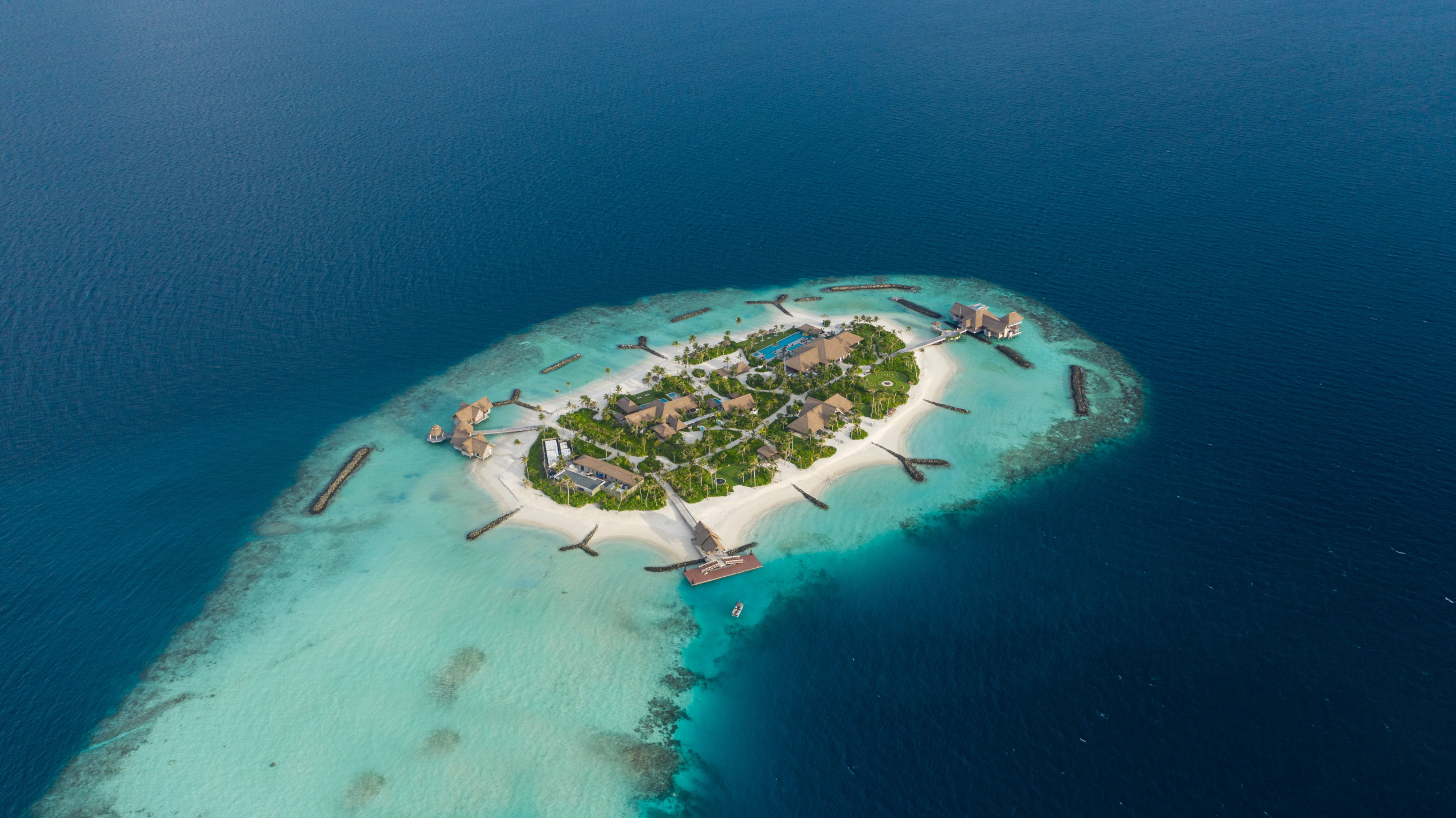The Maldives is a small island nation located in the Indian Ocean, known for its stunning beaches, crystal-clear waters, and vibrant marine life. The tourism sector is a vital part of the Maldives’ economy, employing over a third of its workforce.
Tourism and related services directly contribute to 40 percent of the economy, 80 percent of exports and half of total revenues. With most Maldivians dependent on tourism and fisheries for their livelihoods, any impact on tourism will be felt across all corners of the archipelago.
However, the sector faces several challenges, including rising competition, environmental concerns, and limited resources. In this article, we explore some of the ways that the Maldives can improve its tourism sector and ensure its long-term sustainability.
- Promote Sustainable Tourism
One of the key ways that the Maldives can improve its tourism sector is by promoting sustainable tourism practices. This means minimizing the impact on the environment and preserving the natural beauty of the islands.
The Maldives has already made significant strides in this area, with initiatives like the “Guesthouse Island Development” program, which encourages small-scale, eco-friendly guesthouses that benefit local communities. Other sustainable tourism practices that the Maldives could consider include:
- Reducing Plastic Waste: The Maldives has made a commitment to becoming plastic-free by 2023, and the tourism sector can play a significant role in achieving this goal. This could include reducing single-use plastics in hotels and resorts, promoting reusable water bottles and bags, and increasing recycling facilities.
- Promoting Eco-Friendly Resorts: Many tourists are now seeking out eco-friendly accommodation options that prioritize sustainability and conservation. The Maldives could promote eco-friendly resorts that use renewable energy sources, have efficient water management systems, and support local communities.
- Supporting Responsible Tourism Activities: Activities like snorkeling, diving, and wildlife watching are popular among tourists in the Maldives. However, it is important to ensure that these activities are conducted in a responsible and sustainable manner that does not harm the environment. The Maldives could promote responsible tourism activities and develop guidelines for operators to ensure their sustainability.
- Diversify the Tourism Product
While the Maldives is best known for its luxury resorts and beaches, the country has a rich cultural heritage and diverse natural resources that can be further developed to attract a wider range of tourists.
Diversifying the tourism product can help to reduce the country’s dependence on a single sector and create more sustainable employment opportunities. Some ways that the Maldives could diversify its tourism product include:
- Promoting Cultural Festivals: The Maldives has a rich cultural heritage that includes traditional music, dance, and art. The country could promote cultural festivals and events that showcase these traditions, such as the annual Maldives Independence Day celebrations.
- Developing Adventure Tourism Activities: The Maldives is a paradise for water sports enthusiasts, with opportunities for snorkeling, diving, surfing, and sailing. The country could further develop adventure tourism activities like kayaking, kiteboarding, and stand-up paddleboarding to attract a more active and adventurous segment of tourists.
- Supporting Eco-Tourism Initiatives: The Maldives has a diverse range of natural resources, including mangroves, forests, and wetlands, that can be developed for eco-tourism initiatives. This could include nature trails, birdwatching, and wildlife safaris that promote conservation and education.
- Improve Infrastructure and Connectivity
Improving infrastructure and connectivity is another critical area that the Maldives could focus on to improve its tourism sector.
This includes developing transportation networks, upgrading facilities, and enhancing the overall visitor experience. Some ways that the Maldives could improve its infrastructure and connectivity include:
- Upgrading Transportation Networks: The Maldives relies heavily on seaplanes and speedboats for transportation between islands, which can be expensive and time-consuming. The country could explore alternative transportation options like ferries and water taxis to provide more affordable and convenient transportation for tourists.
- Enhancing Facilities and Services: The Maldives has a range of high-end accommodation options, but it is important to ensure that the facilities and services meet the expectations of tourists. This includes providing reliable electricity, water, and internet access, as well as investing in the maintenance and upkeep of existing infrastructure.
- Developing Tourism Infrastructure in Underserved Regions: The majority of tourism in the Maldives is concentrated in the central atolls, with fewer options for tourists in the northern and southern regions. The Maldives could invest in developing tourism infrastructure in these underserved regions to diversify the tourism product and spread the economic benefits of tourism more evenly across the country.
- Enhancing the Overall Visitor Experience: The Maldives could focus on enhancing the overall visitor experience by providing more diverse activities and entertainment options. This could include developing more shopping and dining options, providing cultural experiences like cooking classes or local market visits, and improving customer service standards.
The Maldives’ tourism sector is a vital part of its economy and provides employment opportunities for thousands of people. However, the sector faces several challenges, including rising competition, environmental concerns, and limited resources.
To ensure the long-term sustainability of the sector, the Maldives can focus on promoting sustainable tourism practices, diversifying the tourism product, and improving infrastructure and connectivity.
By doing so, the Maldives can attract a wider range of tourists, create more sustainable employment opportunities, and ensure that its natural beauty and resources are preserved for future generations.





